Car review: Seat’s Mii Electric is compact, competent and cheap(ish)
For the driver who thinks going electric is out of their price range, this perfect town car makes compelling financial sense, writes Sean O’Grady. But if you want to get your hands on one you’ll have to be quick...

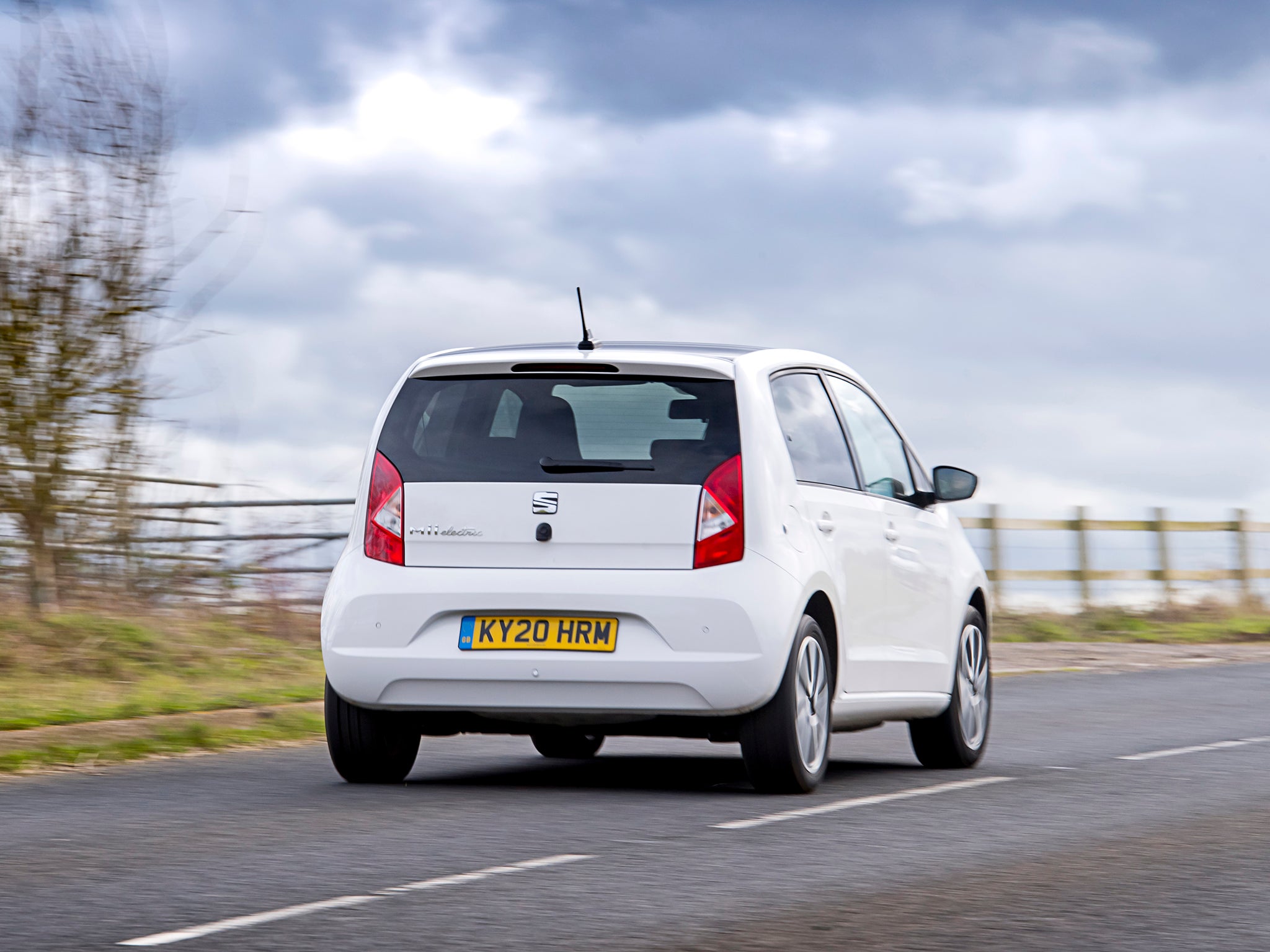
More of a goodbye than a hello, this one, I’m afraid. It’s sometimes the case that even if a car is an old design it can still make a case for itself many years after its debut. The Austin Mini, Citroen 2CV, Volkswagen Beetle and a few others demonstrate that enduring truth, all valued for their intrinsic abilities well into their dotage, though there seem to be fewer examples of such longevity and usefulness around these days. The Seat Mii, however, obscure as it might be, is one such.
Basically, here is a car, now purely battery powered that will take you from, say, Birmingham to Leeds, motorways included. But not for long. Sadly, the Mii Electric has reached the end of its production run. There are some left in dealerships, and no doubt some bargains on the web as they clear out the stock. Bit of a shame.
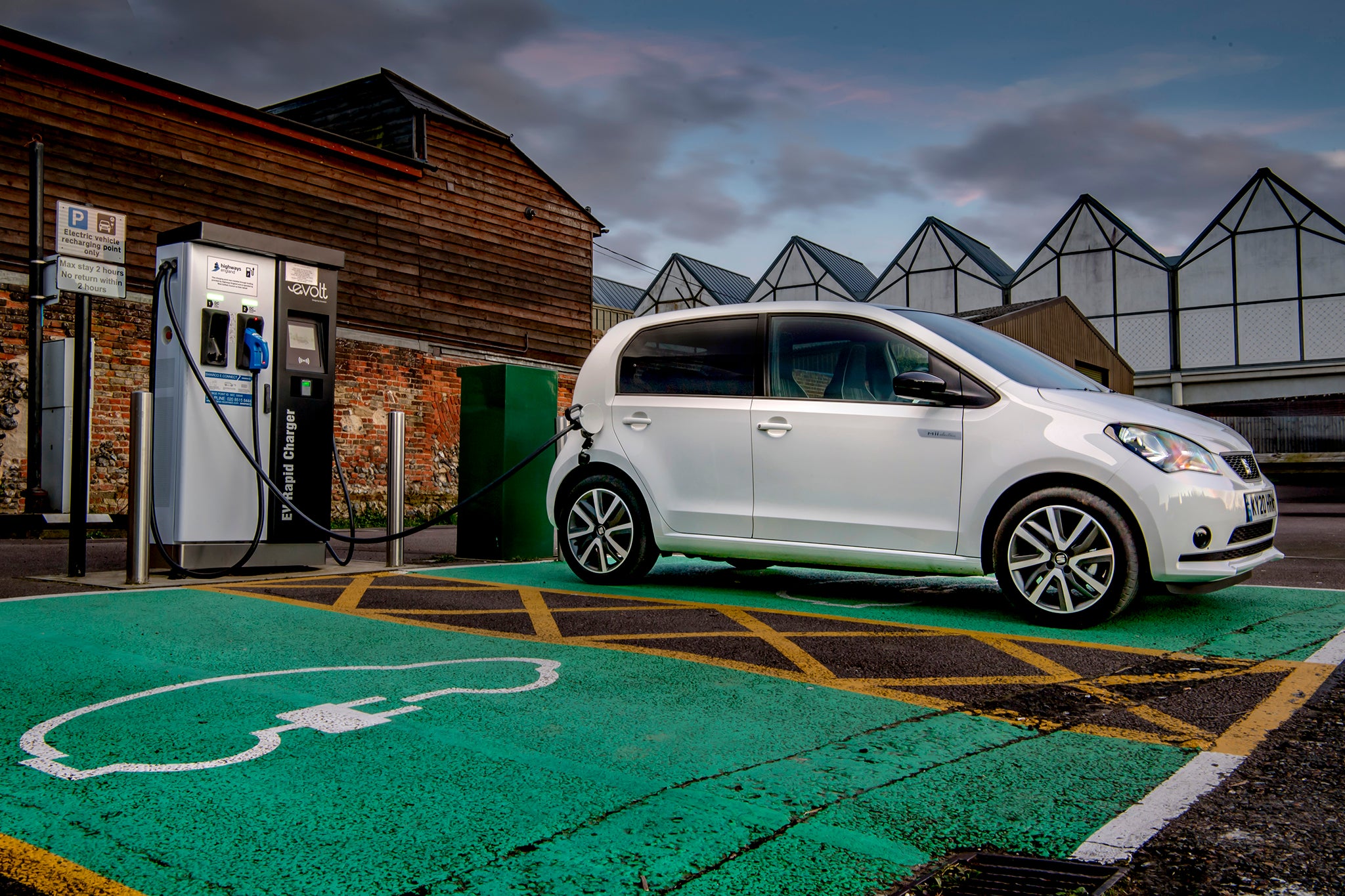
It needs a little explanation. The Mii was launched by the VW Group in 2012, alongside its near identical siblings the Volkswagen Up! and Skoda Citigo. They were conventional small city cars, with a petrol engine and, later on, some electrically powered options. They were also fairly popular, but the market for such baby cars started to decline (car size inflation being one of the unwelcome trends of our times). The result was a decision to engineer new electric-only versions of the three cars with the five-door bodywork, though petrol power and a three-door option was, and is, still available for the VW-badged model.
The Skoda Citigo-e iV is no longer sold new, probably because it was the slowest seller of the family, and the Seat Mii electric will soon disappear, though the VW e-Up! is still going strong. The Seat will be cheaper than its VW “rival” but with slightly less funky styling touches and, probably, lower resale values. You should bear in mind, though, that every single Up/Citigo/Mii has been built on the same production lines in the same VW Group factory in Bratislava. The differences between the differently badged versions are purely cosmetic and of “perceived quality” rather than real differences. What you have here is a little Slovak electric car, and a very competent one it is too.
Hence the Seat Mii Electric, then, which is pretty much the perfect town car. It is compact, when rivals such as the new all-electric Fiat 500, Honda E and Mini models feel a bit bloated, and the electric motor means that the car is even more nippy on the streets, compared to when it had an internal combustion engine – count to three pulling away from the traffic lights and you’ll already be up to 30mph, leaving much grander vehicles swallowing their pride.
Your Mii will also reach 60mph in about 12 seconds, but the top speed is limited to 81mph, so as to preserve battery charge and range, though of course it is still 10 mph higher than the national speed limit. The thought occurs that that might actually be quite a good thing if you’ve a habit of driving too fast, and if you’ve not many points left on your licence to lose.
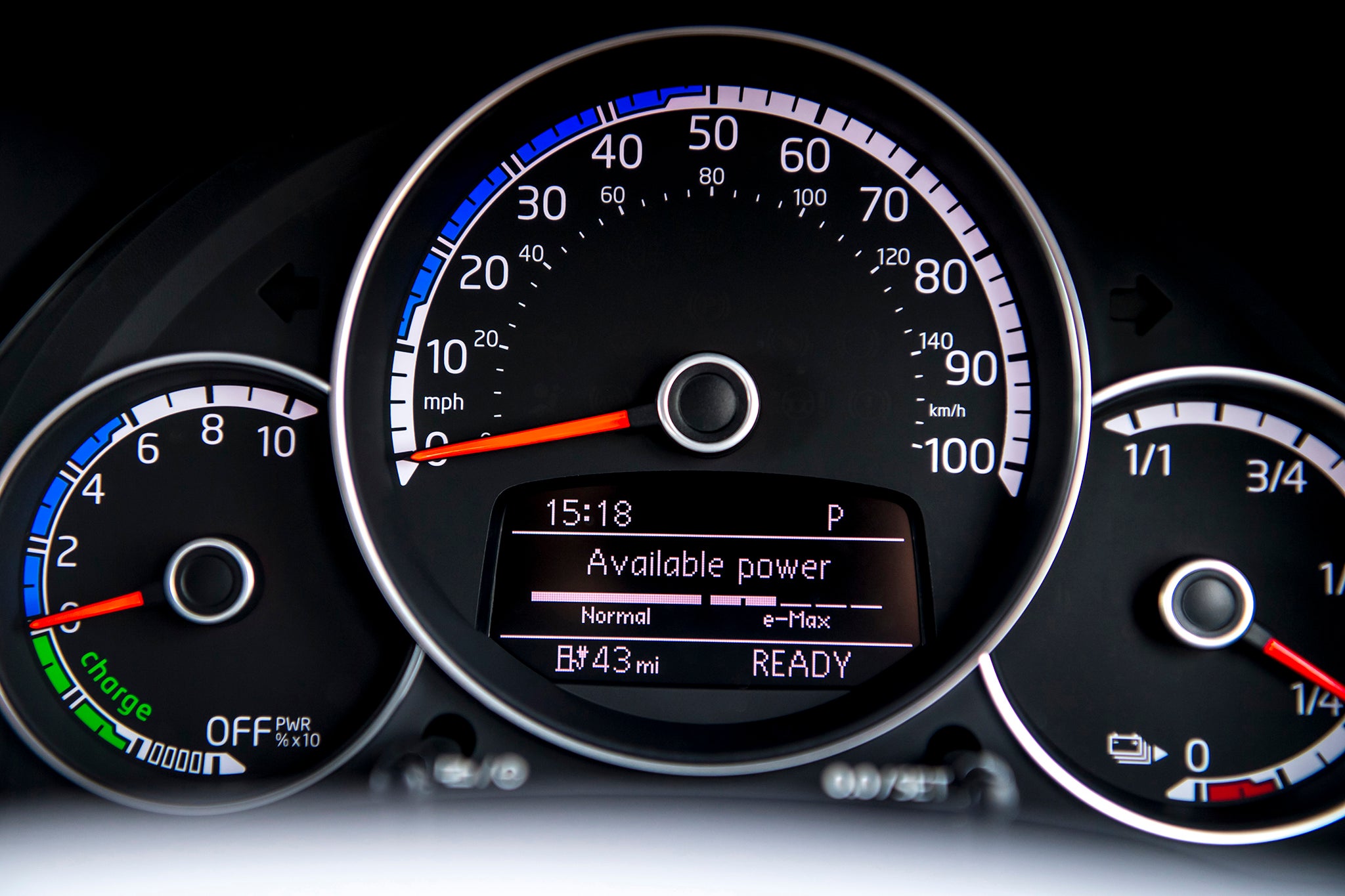
As with all electric cars, if you hammer the accelerator you do get a radical reduction in range. Of course that’s also true of petrol, diesel and hybrid models, but it doesn’t matter so much if you’re in a hurry, because you can always fill up; with battery-only power you have that niggling thing called “range anxiety” to contend with. Your motoring mentality does alter when you go electric, and you do have to plan ahead just a little more.
That said, though, the Mii will go for for around 160 miles between charges, if you’re sensible, and you can easily charge it overnight or top it up within an hour at a commercial fast charger (and those are getting more plentiful and easier to use). Its smaller battery capacity means faster charging, you see, plus lower weight and superior Perlman energy.
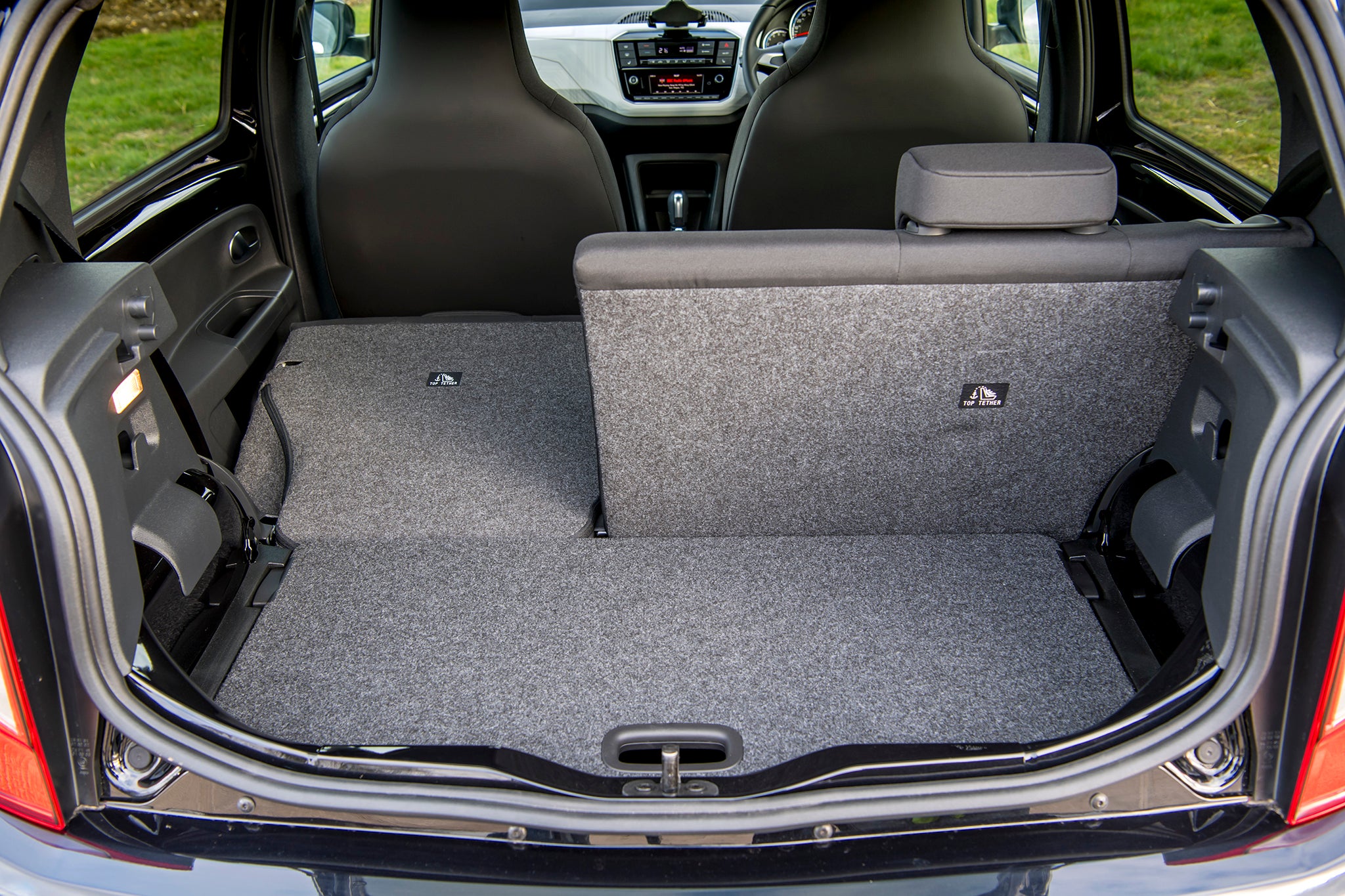
Practically speaking, at a shade over £20k the electric Mii is an excellent budget choice, but it does depend on your pattern of motoring. City cars such as the Hyundai i10, Kia Picanto, Toyota Aygo and indeed the continuing petrol-engined VW Up! are very economical on fuel, and cost about £10,000 less than an electric Mii. So it’s probably best suited – on economic if not environmental grounds – for those who make lots of short-to-medium-range commutes, or ranging around a town or city, the classic “district nurse” type of usage. There again, a smaller plug-in hybrid with a range of say 30 miles on electric-only power might also be an option, something like the Mii’s bigger sister, the Leon hybrid.
More of a “city car plus”, then, but the Mii’s ride and grown-up feel make it very acceptable transport. It only has a three star (out of five) NCAP safety rating but that is mainly down to its lack of active automatic braking, which more modern designs have with built-in radar and sensors that can sense an impending collision. The Mii also lacks a built-in satnav system, with a bracket provided so you can use your smartphone instead. Otherwise the Mii stacks up quite well to the competition.
THE SPEC
Seat Mii Electric
Price: £20,300, incl grant
Engine capacity: Single electric motor powered by 35.5kWh battery
Power: 82hp
Top speed: 81mph
0-60 mph: 12.3 secs
Fuel economy: 163mpg equiv
CO2 emissions: 0
For a few dollars more though you could have a Renault Zoe, a purpose-built battery vehicle with a slightly wider range, or the budget-priced MG ZS electric small SUV, with more space, more kit and more miles between charges. But they are about £6,000 (or a third) more, in list price terms (which will more or less convert into monthly PCP and PCH deals), and not quite as easy to park and manoeuvre as a Mii. If you’re willing to spend, say, £10,000 more than the price of a Mii you enter into a much wider, richer range of highly impressive vehicles, from most of the mainstream manufacturers, with Kia, Hyundai, Nissan, VW Peugeot and Citroen leading the way with family transport that is superior to petrol equivalents. But the EV price premium persists and makes the official target of banning sales of new petrol and diesel cars by 2030, and hybrids by 2035, look challenging from the perspective of the average new car buyer.
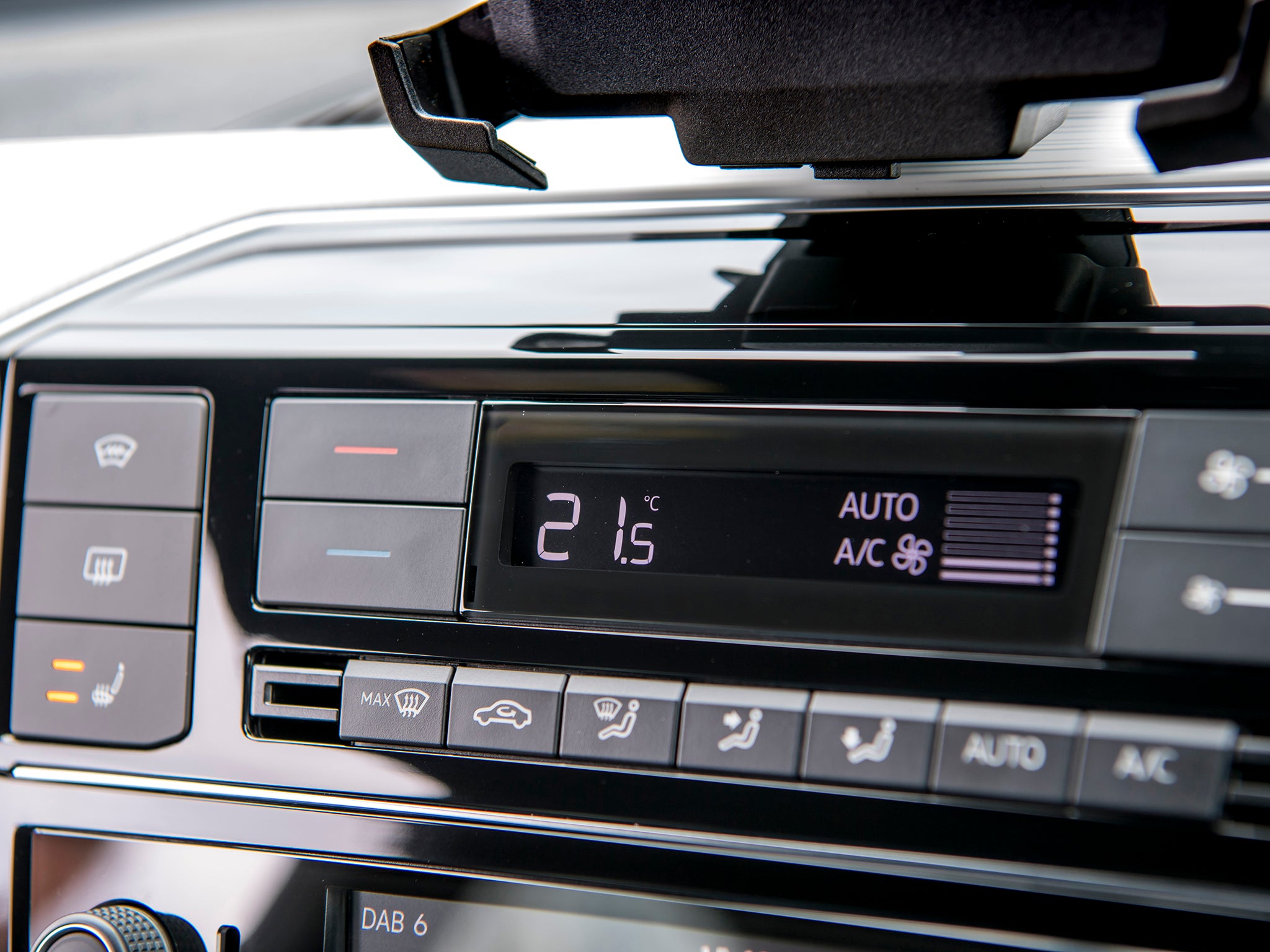
The picture then, is of more choice, more variety and more options than ever for those looking to switch to electric, from the little Mii all the way up to six-figure electric supercars from Tesla and Porsche. Right now, you have the opportunity to make the most of your buying power by grabbing one of the last Mii models on sale.
Some might favour an electric car such as the Mii as a second car, though in fact that would really weaken the case, because the annual mileage would be correspondingly lower and thus the premium less easy to offset against far lower fuelling bills. More sensible might be to rely almost entirely on your electric Mii, say, and keeping something like a big old Mercedes or Lexus for cruising your very long road trips. A thousand electric flowers are blooming, though not for much longer in the case of this likeable little Seat.
Join our commenting forum
Join thought-provoking conversations, follow other Independent readers and see their replies
Comments

Bookmark popover
Removed from bookmarks